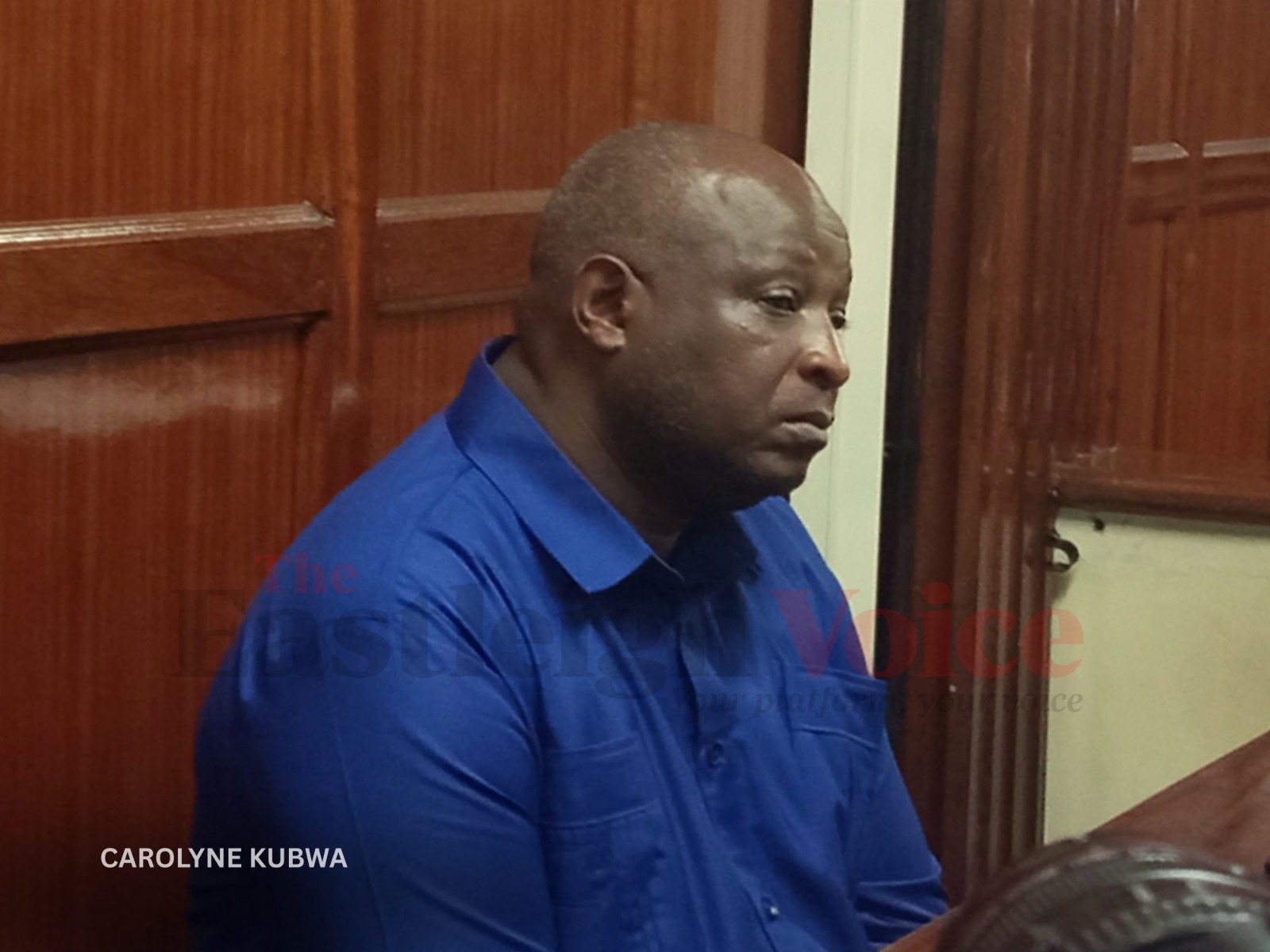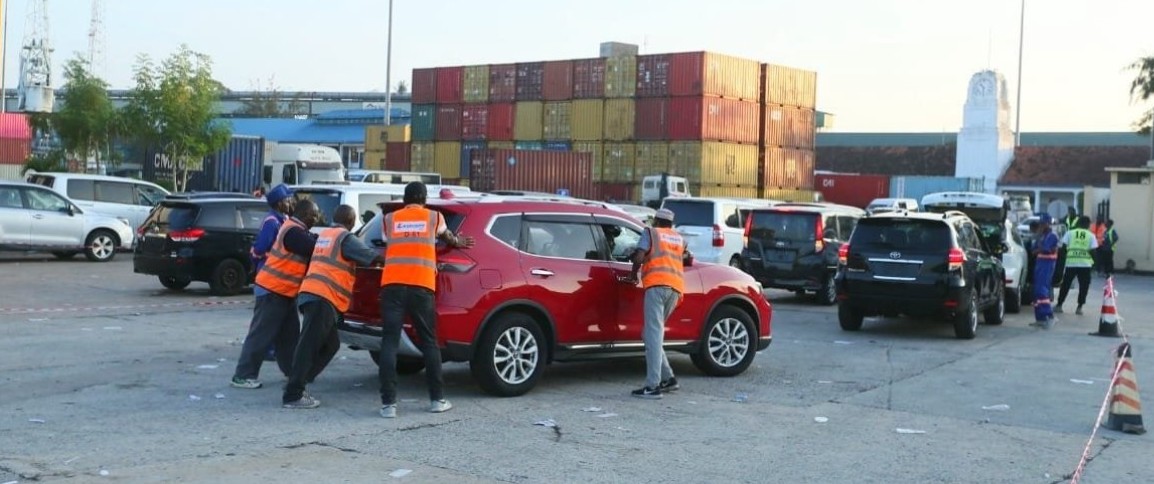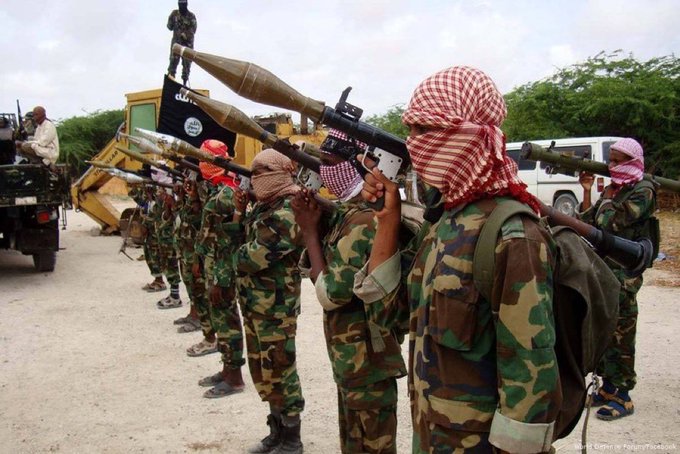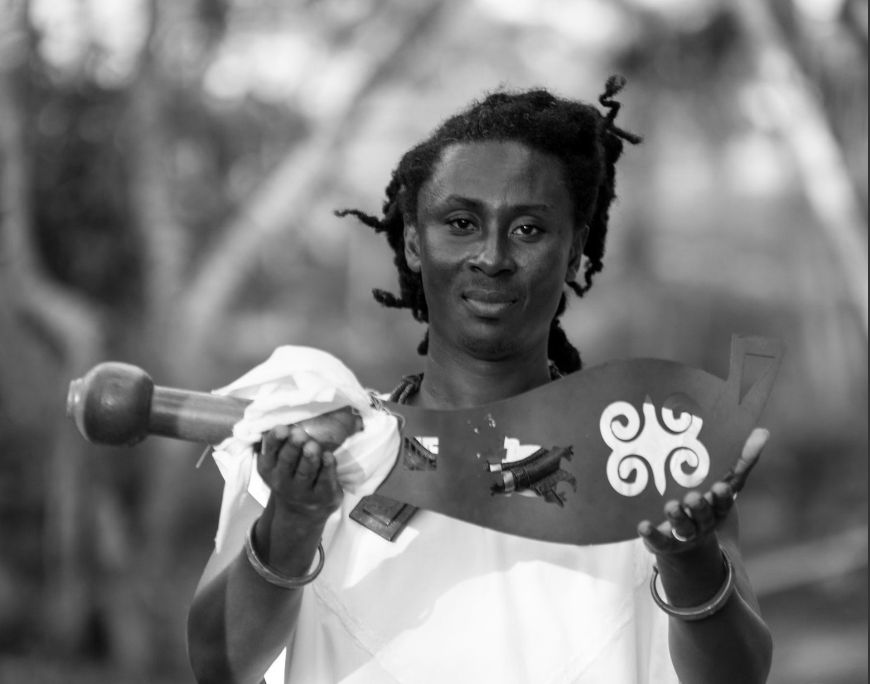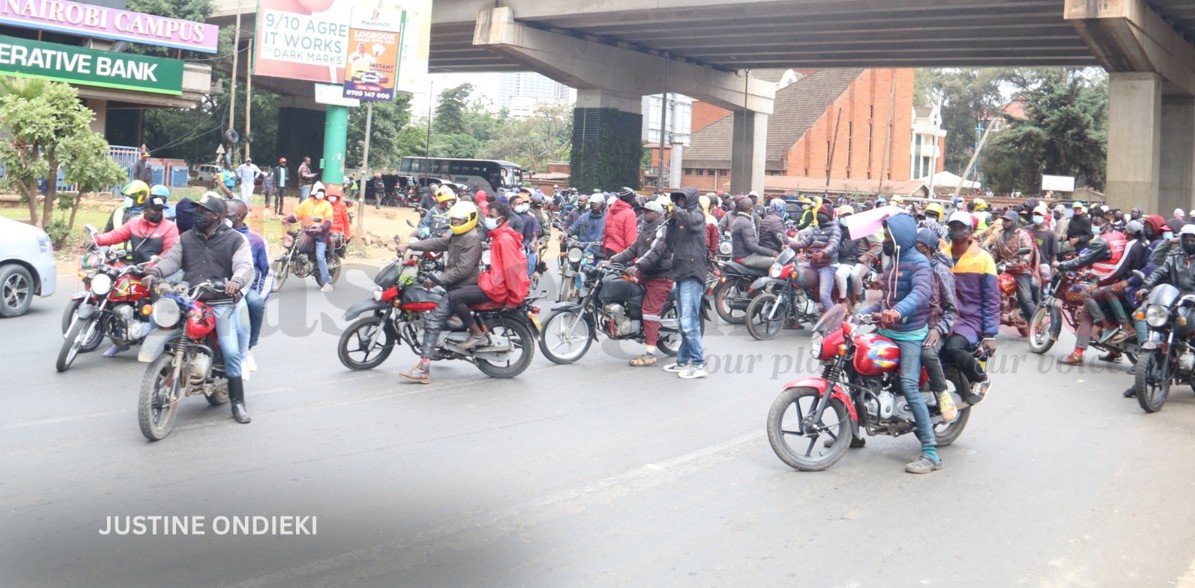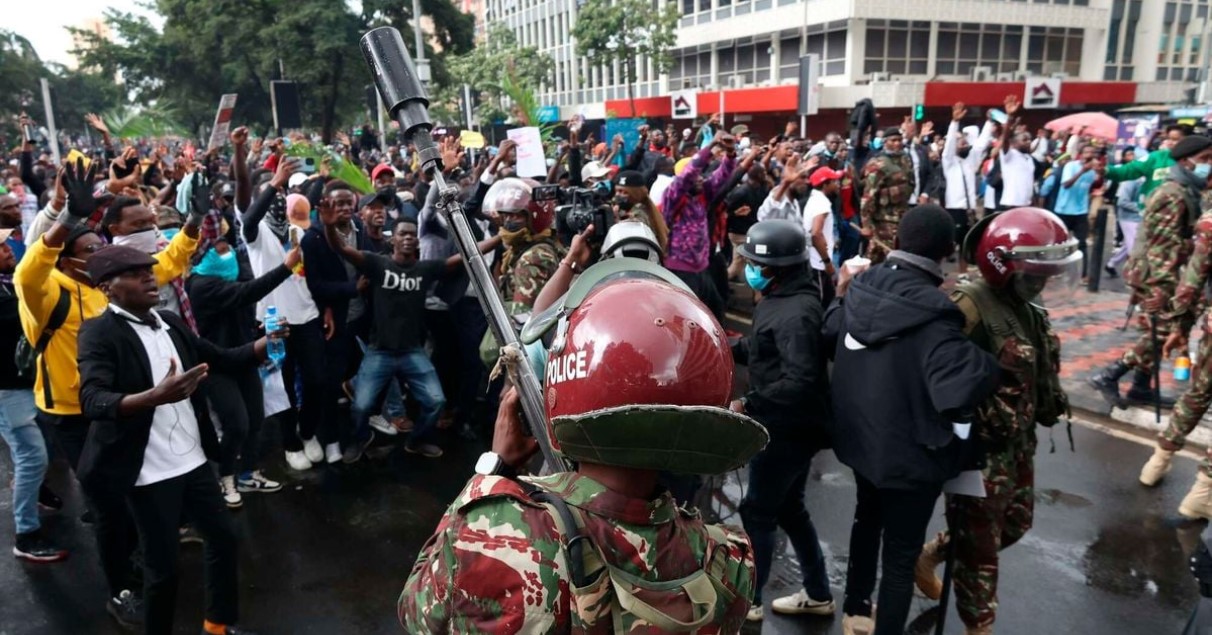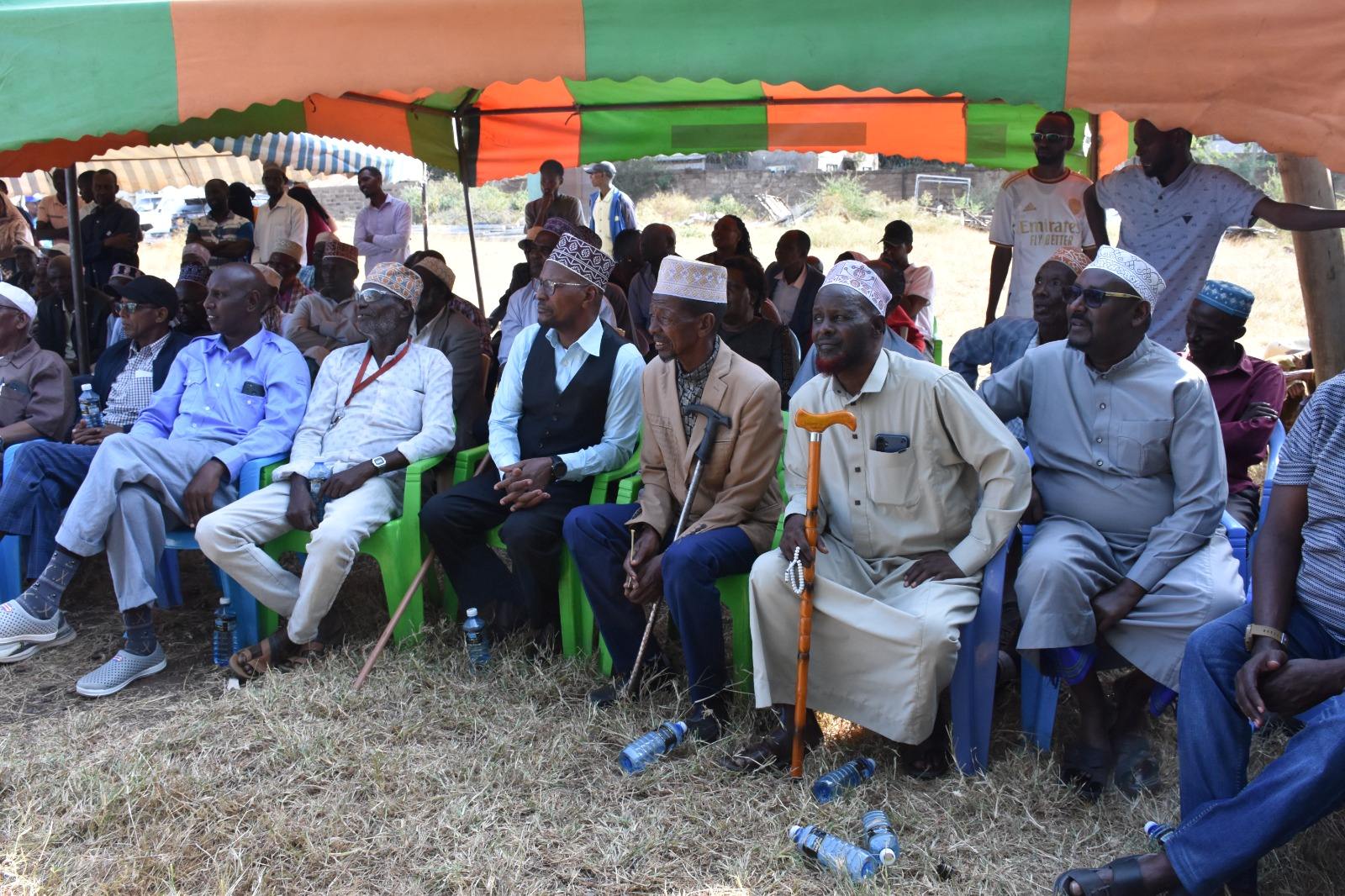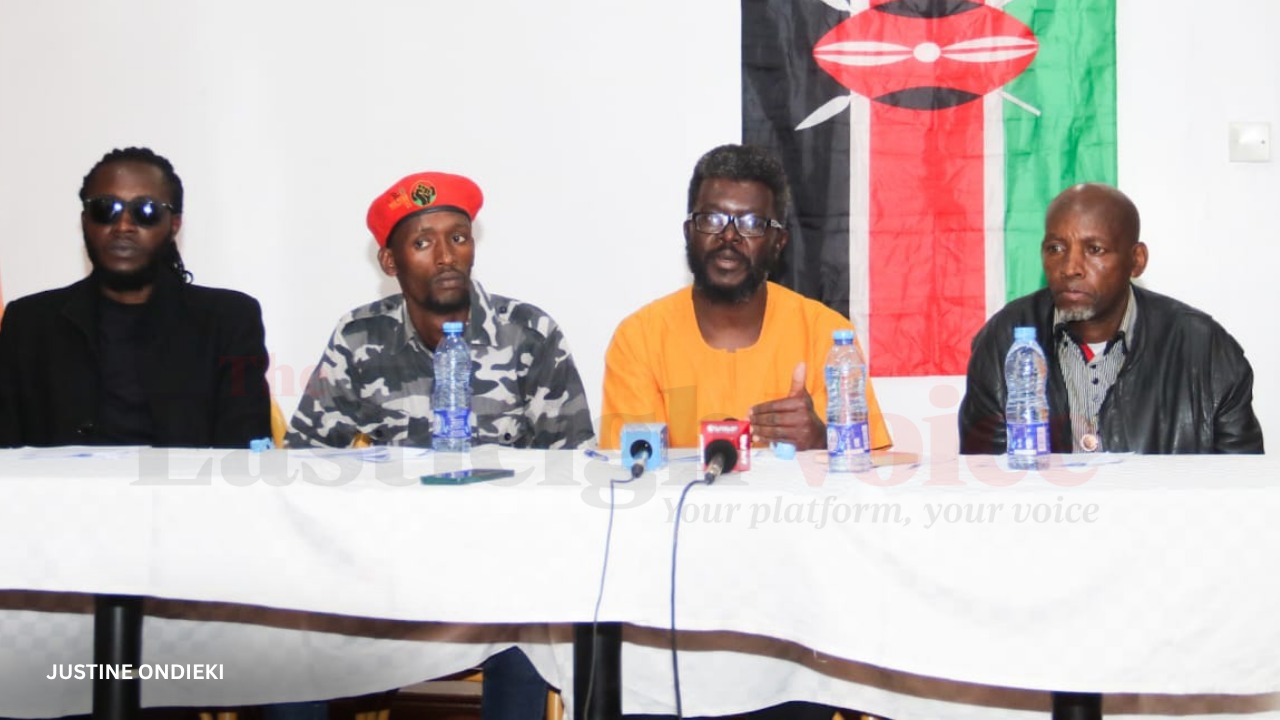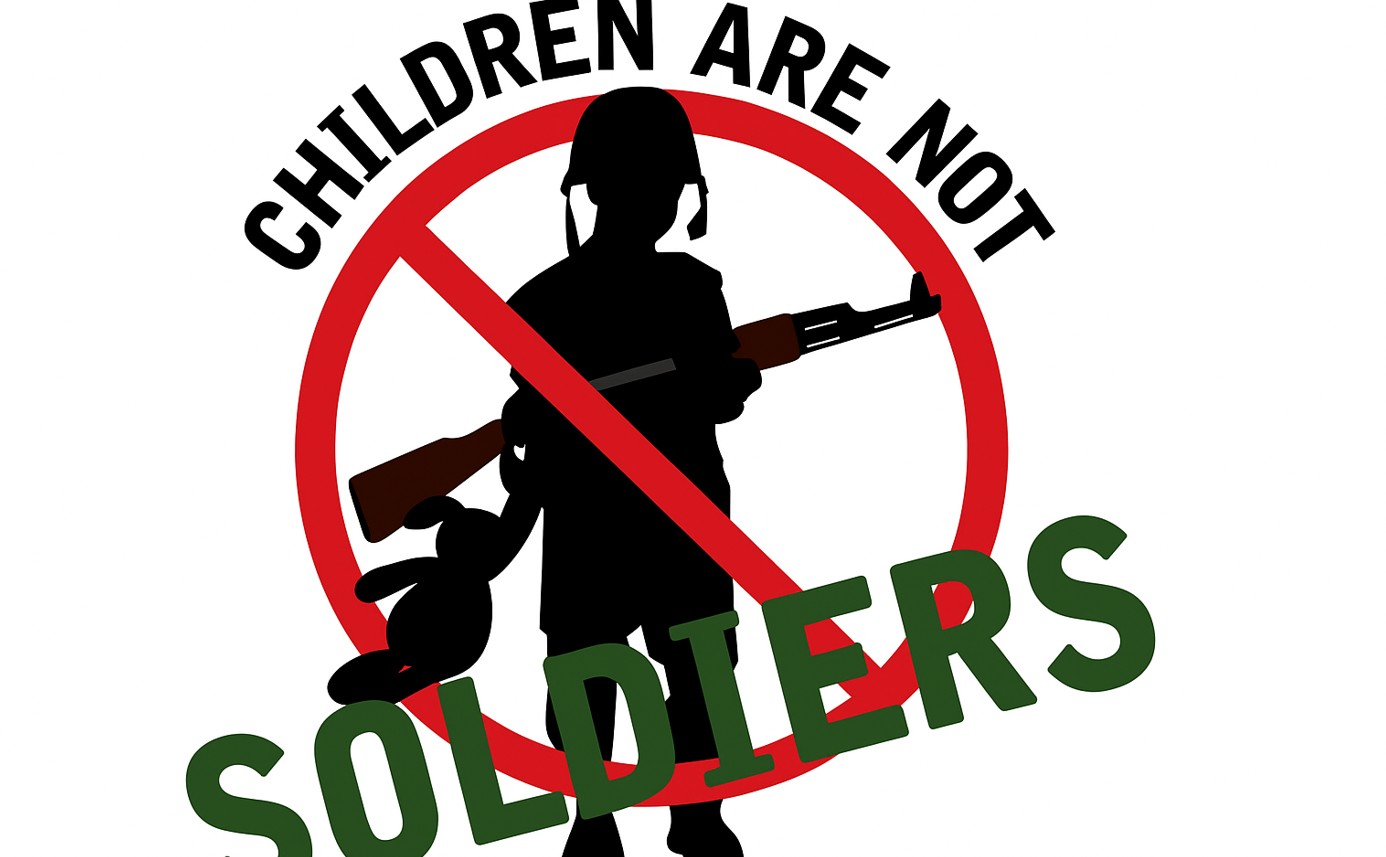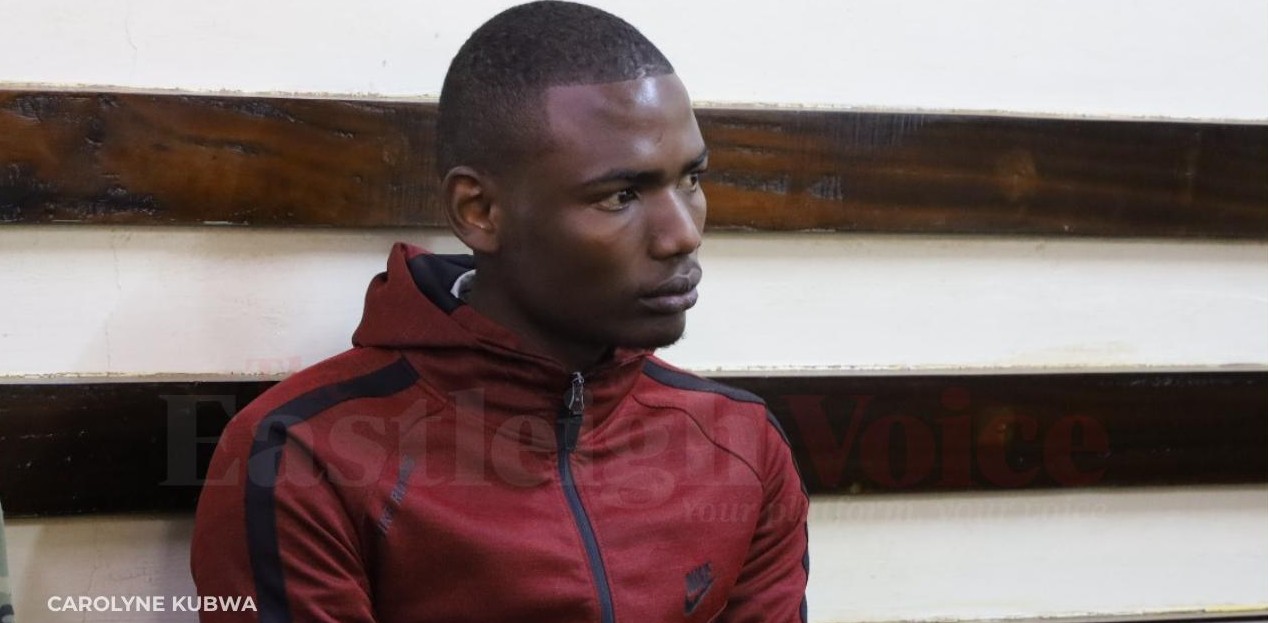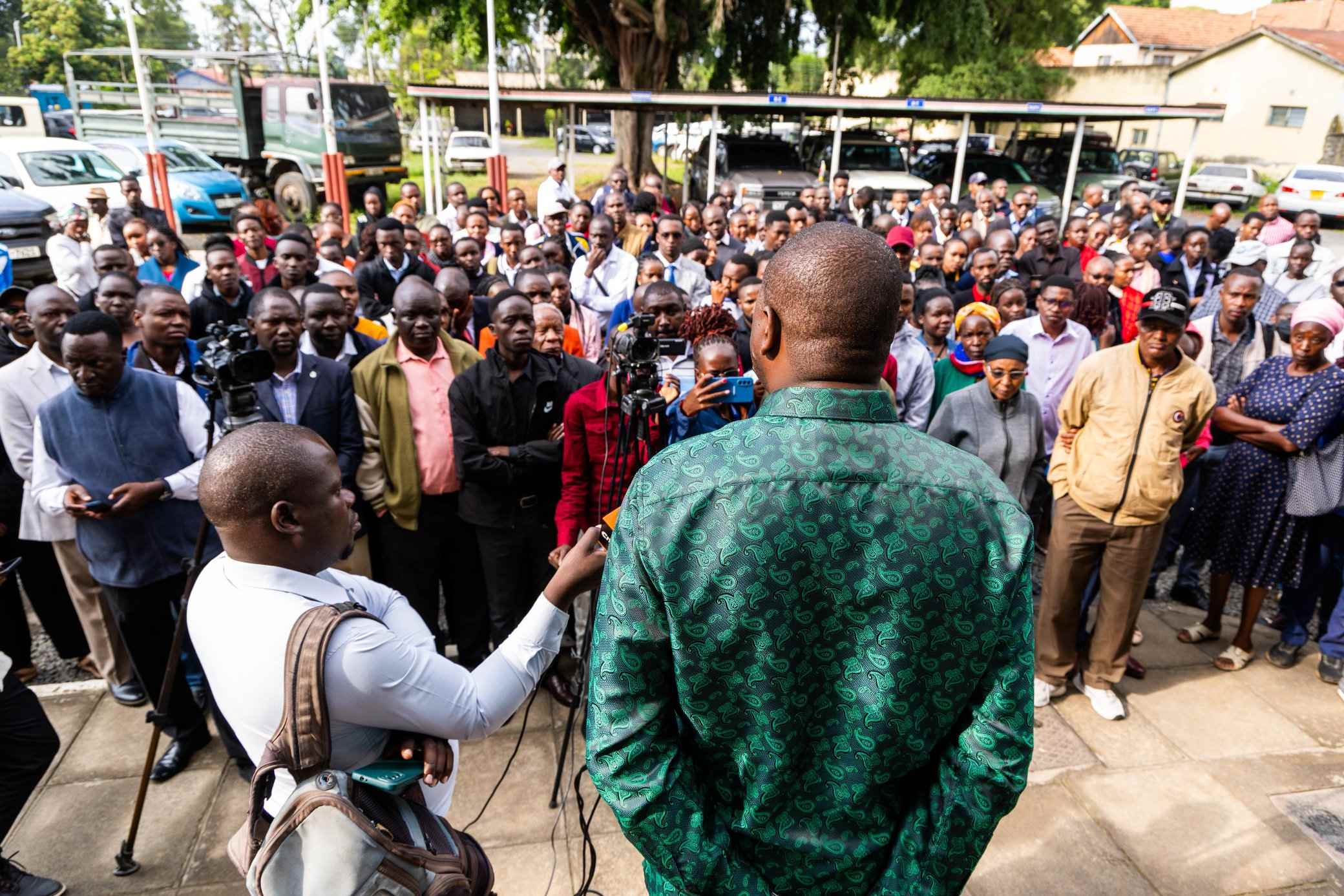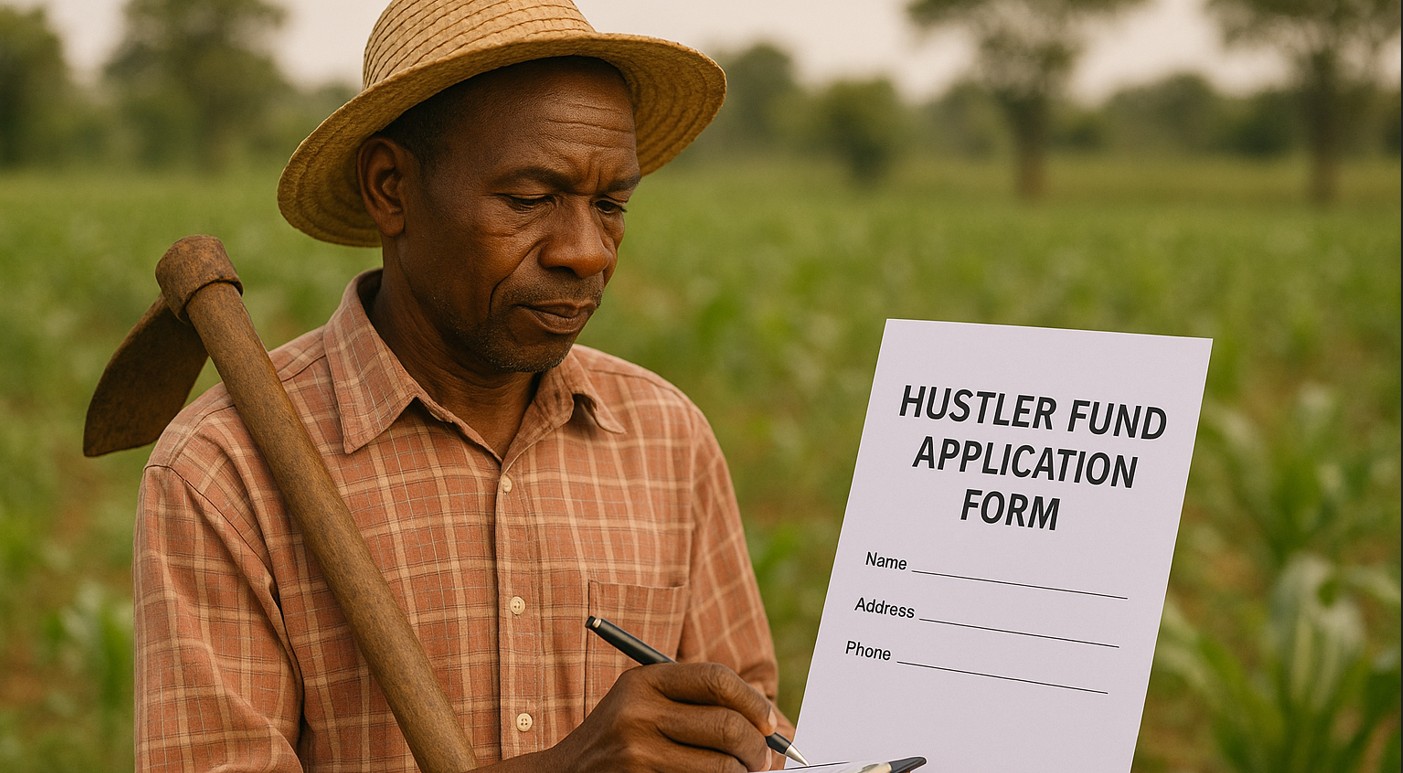South Sudanese refugee yearns for peace as country celebrates independence
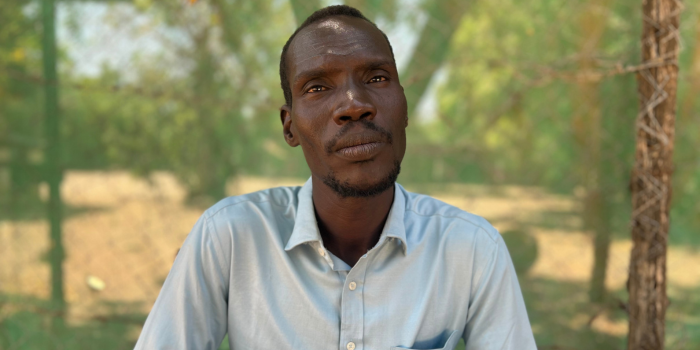
Kong Wiyual Bill highlighted challenges including the need for a census before elections and the presence of the Ugandan military in Juba.
Over a decade ago, on July 9, 2011, the people of South Sudan celebrated their independence, marking the birth of the world's newest country.
However, the euphoria was short-lived as civil war erupted soon after, plunging the nation into turmoil.
More To Read
- UN: Don't allow Israel-Iran conflict to spark new refugee crisis
- World Refugee Day: Urgent calls made for rights and health of displaced populations
- IOM sounds alarm over suspension of life-saving transport in South Sudan
- What happens when aid is cut to a large refugee camp? Kenyan study paints a bleak picture
- Harambee Starlets eye another big win against struggling South Sudan
- MSF permanently shuts down Ulang Hospital in South Sudan after attack
Today, South Sudan faces a devastating humanitarian crisis, with the dubious distinction of hosting the largest number of refugees on the African continent.
The UN Refugee Agency reports that over 2.4 million people have been displaced, a stunning figure.
What makes this crisis even more heart-wrenching is that 64 per cent of these refugees are children under the age of 18.
This means over 1.4 million young lives are at risk of being neglected, their voices unheard, and their futures uncertain.
Recently, I visited Dadaab, a small town in northeastern Kenya renowned for hosting one of the world's largest refugee camps.
I flew on a World Food Programme chartered plane, arranged by the Kenya National Commission on Human Rights and the Refugee Consortium of Kenya, from Nairobi to Garissa, and then onward from Garissa airport to Dadaab.
During the one-hour journey, I was struck by the breathtaking beauty of this region.
Despite the arid conditions and clear signs of climate change, the meandering Tana River provided a promising view from above, showcasing Garissa County, home to Dadaab, with its lush green vegetation.
In Dadaab, I met Kong Wiyual Bill, a 38-year-old South Sudanese man from Ifo, one of the three camps, who works for a non-governmental organisation housed within the UN complex.
Located 70 kilometres from the border with Somalia, the Dadaab refugee complex was established in the 1990s and has three main camps: Dagahaley, Ifo, and Hagadera.
Bill told me he was born in Akobo, a border town between Ethiopia and Sudan before South Sudan gained independence in 2011 and Akobo became a county in the East of Jonglei State bordering Ethiopia.
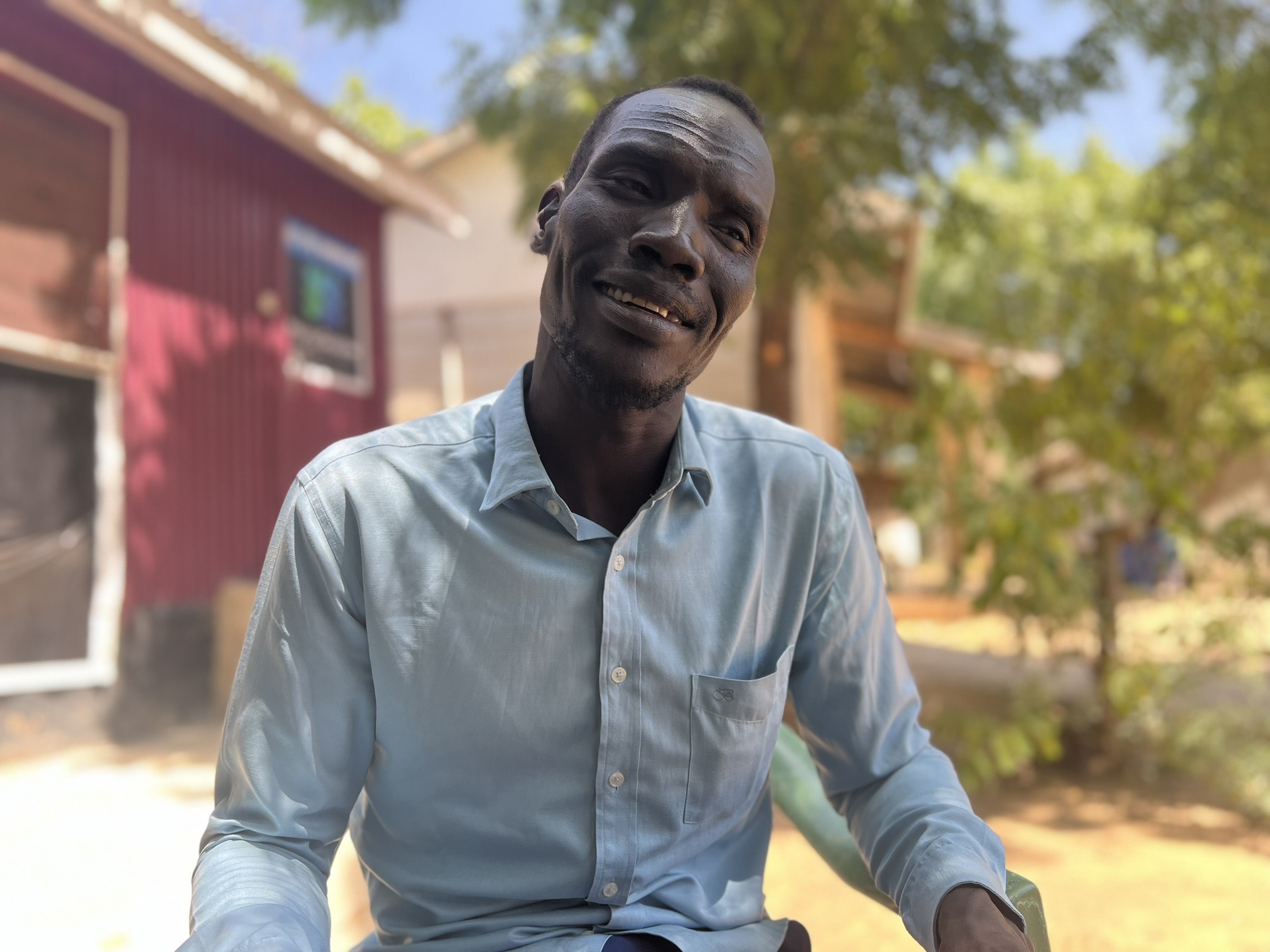 Kong Wiyual Bill was born in Akobo, a border town between Ethiopia and Sudan, before South Sudan gained independence in 2011 (Photo Mwangi MainaEV)
Kong Wiyual Bill was born in Akobo, a border town between Ethiopia and Sudan, before South Sudan gained independence in 2011 (Photo Mwangi MainaEV)Kong Wiyual Bill was born in Akobo, a border town between Ethiopia and Sudan, before South Sudan gained independence in 2011 (Photo Mwangi MainaEV)
His father was a farmer who later joined the liberation movement for South Sudan’s independence. In 1987, he moved his family to a camp in Ethiopia, where Bill, who was just three months old, stayed until around 2004.
That year, Bill decided to relocate from Ethiopia to Kenya. He describes how he walked for a month through Lokichogio before arriving in Kakuma camp in December 2004. He eventually made it to Dadaab.
The Form Four graduate, who attended school in Ruiru, explained that he possesses an alien card issued by the government.
However, he underlined the importance of a movement pass to access other parts of the country, which prohibits him from freely engaging with other South Sudanese in the other two camps.
"Some advantages of having the alien card include using it to purchase a sim card to communicate with my compatriots and securing a business pass," he noted.
Reflecting on South Sudan's journey since gaining independence thirteen years ago, Bill expressed mixed feelings.
"The self-independence in 2009 and full independence in 2011 brought initial happiness because the country was recognised as a nation," he said.
"But not all of us are happy now," Bill recalled completing high school when conflict erupted in South Sudan and his desire to return home.
In December 2013, following a political struggle between President Salva Kiir and his deputy Riek Machar that led to Machar’s removal as Vice President, violence erupted between presidential guard soldiers from the two largest ethnic groups in South Sudan.
Soldiers from the Dinka ethnic group aligned with Kiir and those from the Nuer ethnic group supported Machar.
Amid the chaos, Kiir announced that Machar had attempted a coup, and violence spread quickly to Jonglei, Upper Nile, and Unity states.
From the outbreak of conflict, armed groups targeted civilians along ethnic lines, committed rape and sexual violence, destroyed property, looted villages, and recruited children into their ranks.
"I came to the camp in Dadaab because my dreams of going back to South Sudan for nation-building were thwarted,” he explained. “I had nowhere else to go.”
Discussing the current political situation, he criticised leaders for not prioritising the people's welfare.
"Machar is fine when he's Vice President, but there's conflict when he's removed," Bill observed. "Our president doesn't allow citizens to vote. It's better to vote and lose than not vote at all."
Bill highlighted challenges facing his young country, including the need for a census before elections and the presence of the Ugandan military in Juba.
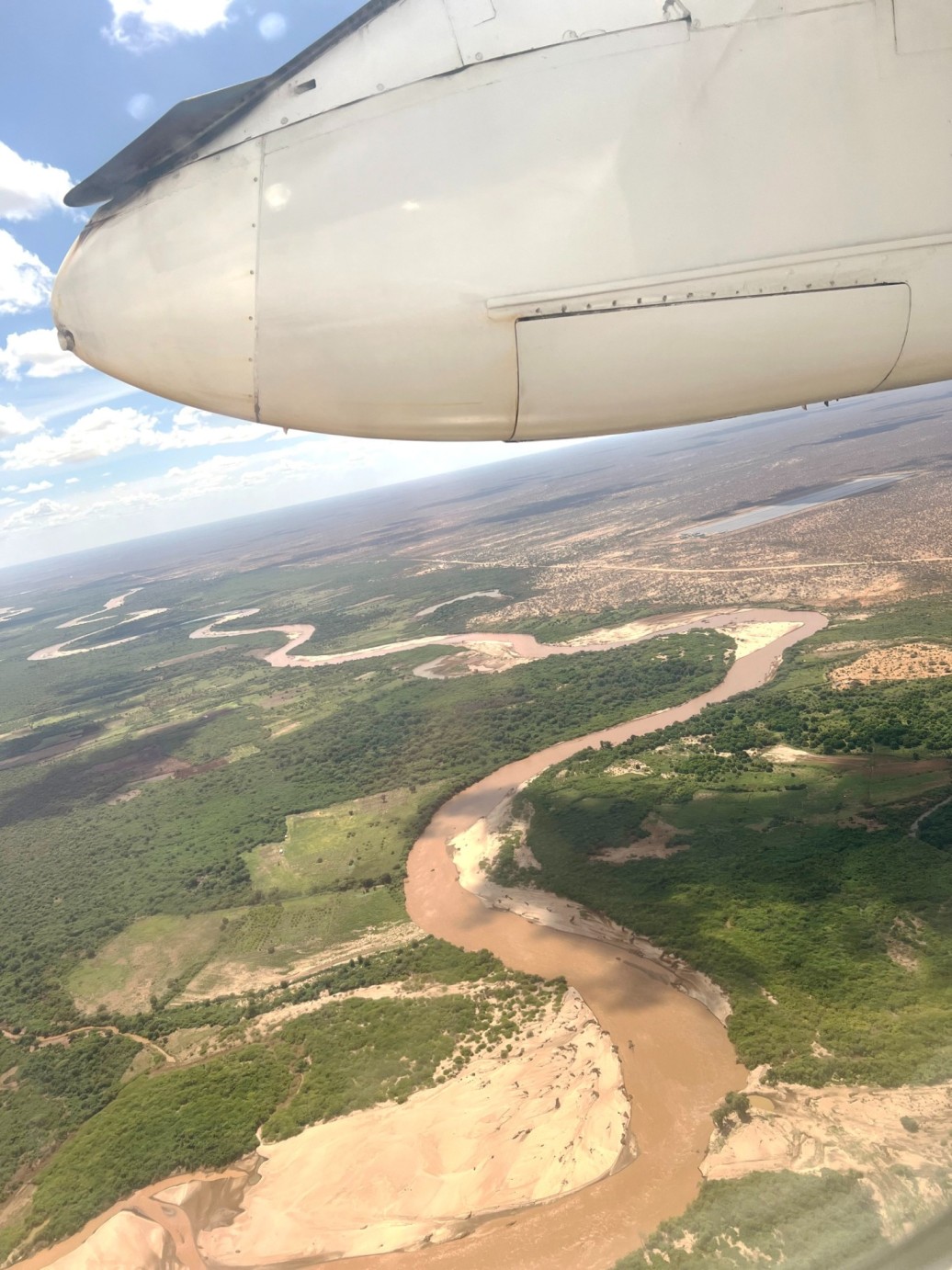 An aerial view of Tana River. (Photo: Mwangi Maina/EV)
An aerial view of Tana River. (Photo: Mwangi Maina/EV)Kong Wiyual Bill was born in Akobo, a border town between Ethiopia and Sudan, before South Sudan gained independence in 2011 (Photo: Mwangi Maina/EV)
"Even civilians demand elections. People are dying, and inflation is high," he lamented.
Regarding migration, Bill mentioned a surge in people arriving from South Sudan and Sudanese fleeing conflict. "Many people are coming to Dadaab," he stated.
Expressing frustration with government mismanagement, Kong pointed out that the families of the political elite reside outside South Sudan in Nairobi, South Africa, and other places.
"We have oil, gold, and diamonds, but we don't know where the money is going," he remarked. "I am proud of my country but individuals have tarnished our independence."
One of the most glaring issues is the government’s inability to pay its employees, including soldiers, for almost nine months.
This financial crisis has left many public servants struggling to survive, leading to widespread discontent and hampering the delivery of essential services.
The country has seen an economic disaster, which analysts predict will result in misery and political unrest in a country already plagued by both.
Despite these challenges, Bill remains proud of his country.
"We will contribute money to buy a goat, celebrate as South Sudanese citizens in Dadaab, and enjoy at a police station," he said.
Top Stories Today
